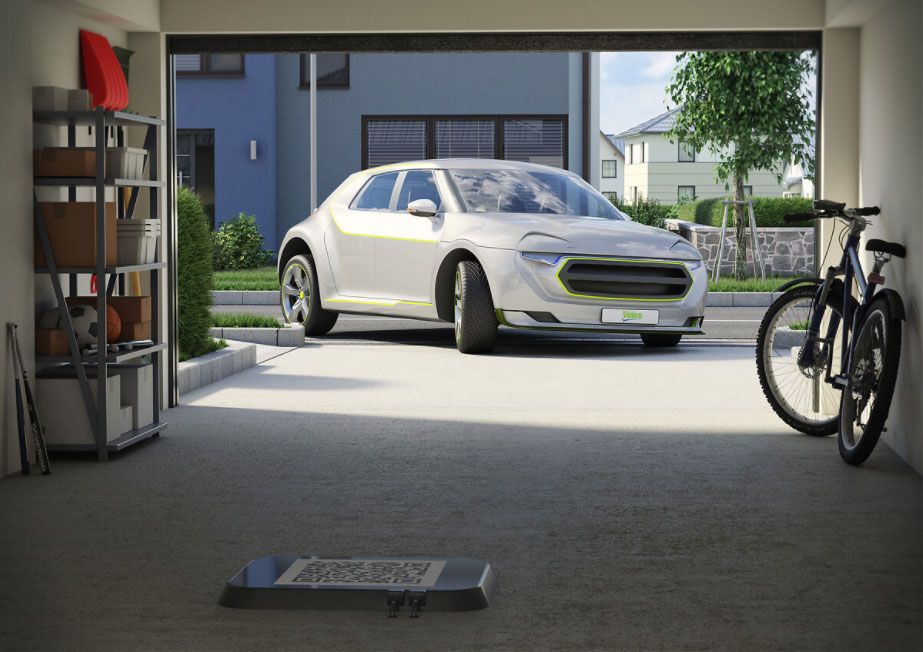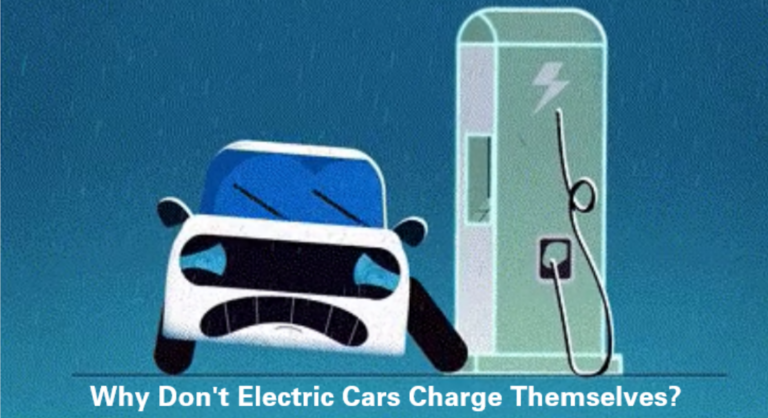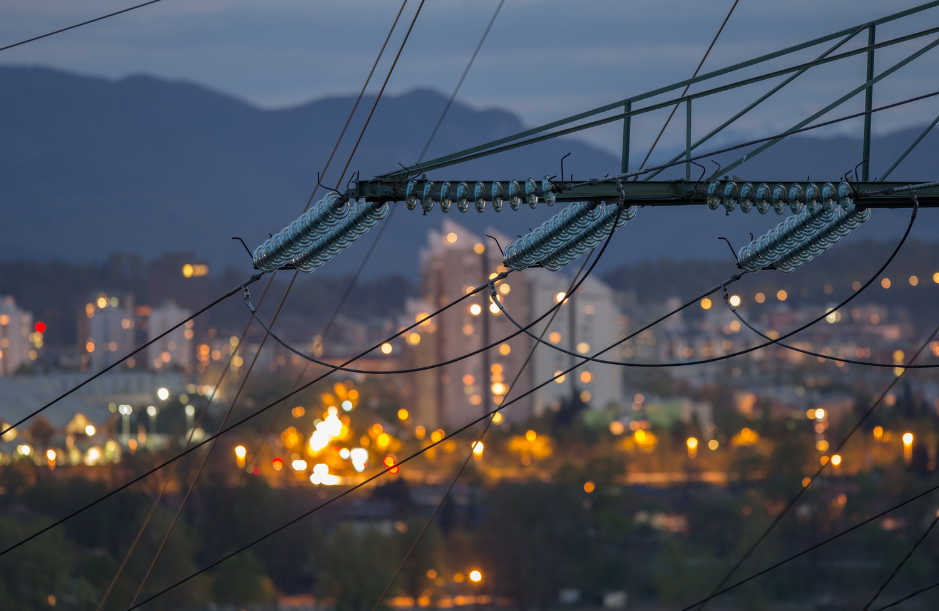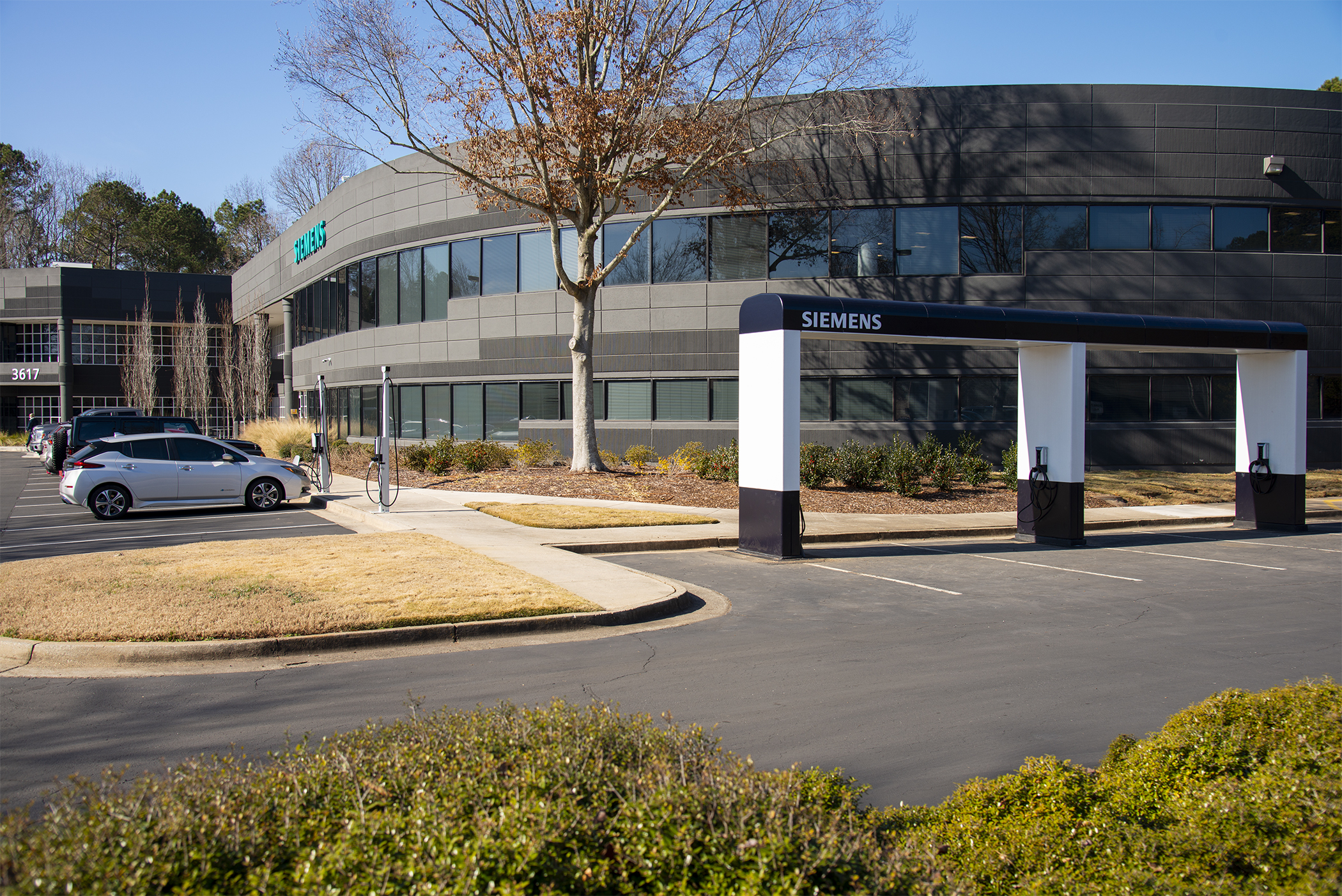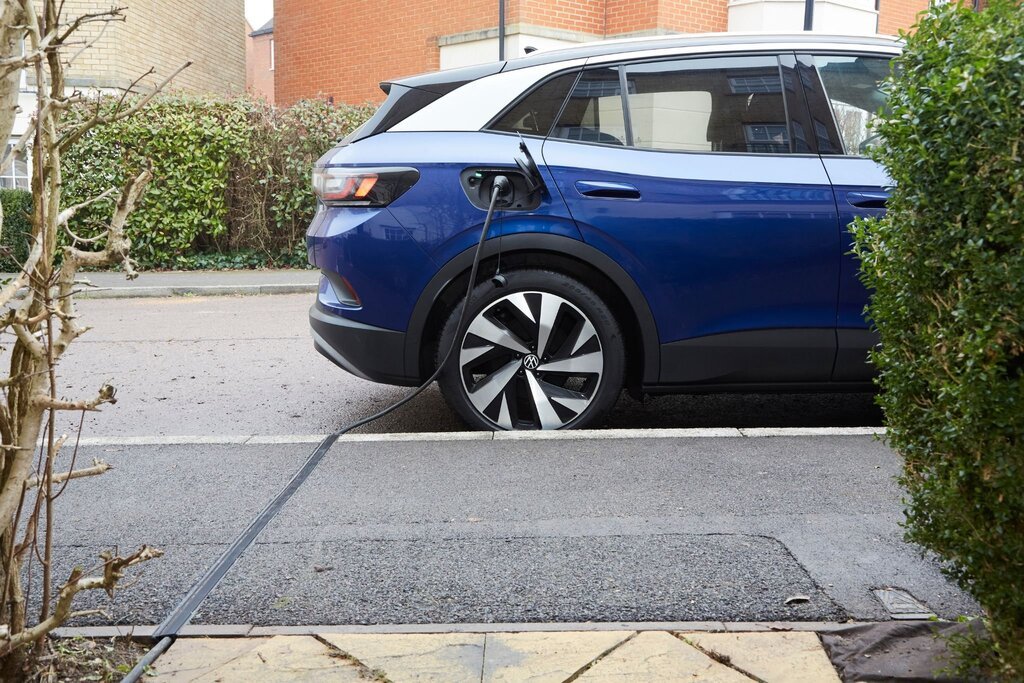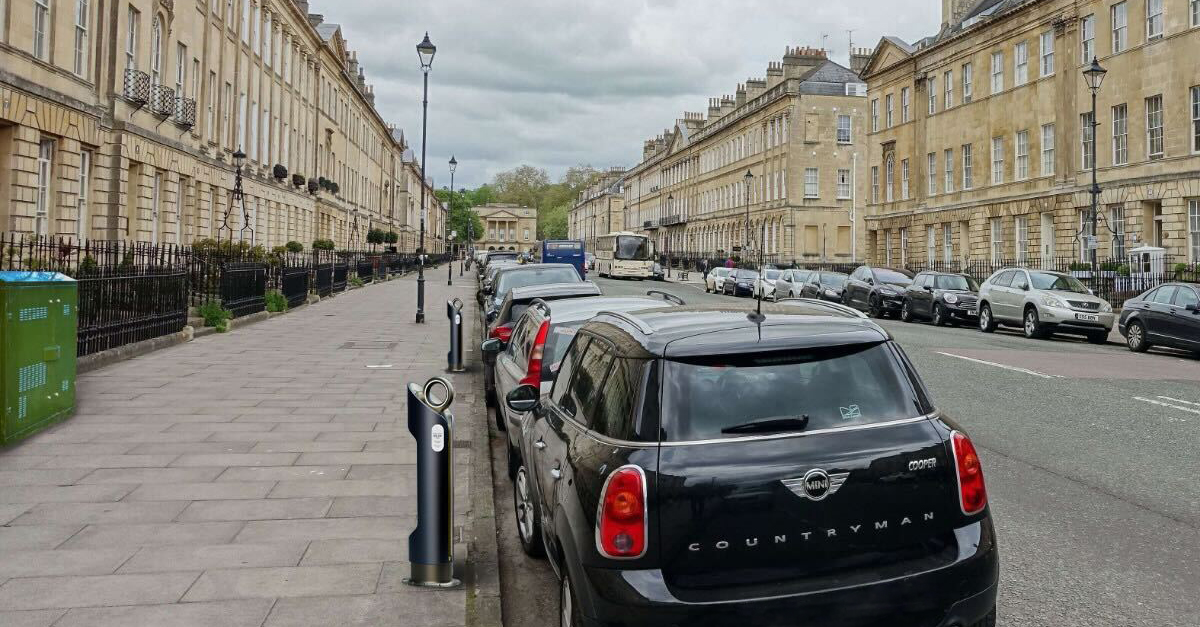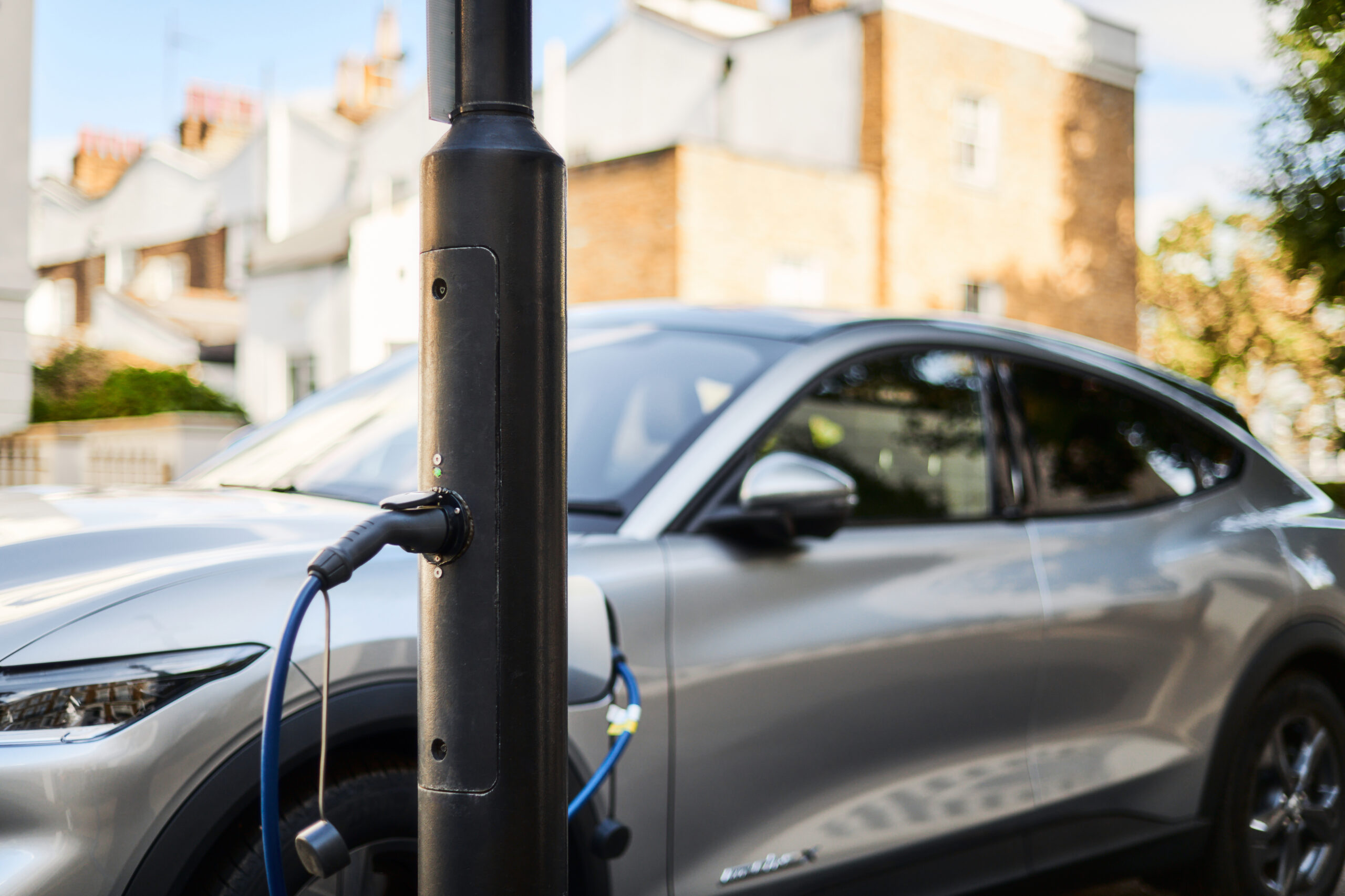In a recent WiTricity survey of EV owners, we asked them if they considered their EVs to be “luxury cars.” We were surprised by the number of owners who said “no.”
Even owners of Tesla Model S and Polestar vehicles did not consider their cars, which cost significantly more than the average new car in the US, to be “luxury cars.”
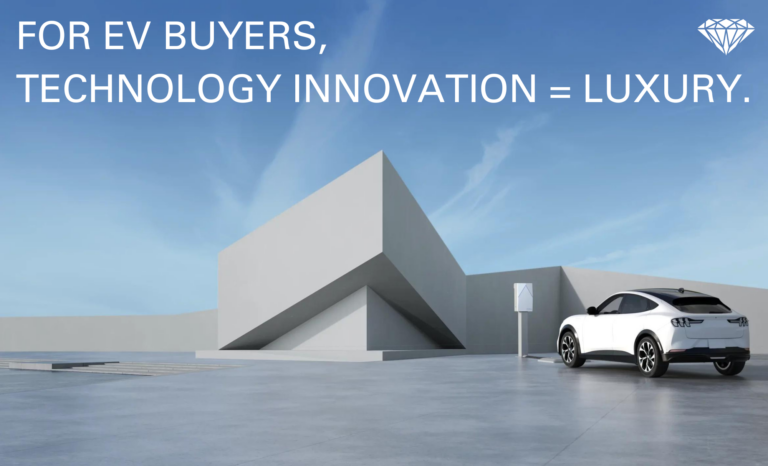
Initially, we found this odd, but on further consideration this starts to make sense. We didn’t ask these EV owners if their cars were expensive or technologically advanced – we asked about luxury. Maybe “luxury” is an outdated term?
In a June 2023 survey conducted by TideWatch, an independent market research firm, the vast majority of the owners of traditional luxury marques stated that they expected their brands to continually lead in innovation (83%) and to always include the latest technology (86%). EV owners love their cars not just because they save on gas, but also because they offer the latest technology. For EV buyers, technology innovation is the luxury. And that technology is worth the increased investment, in the same way that burled walnut dashboards or leather heated seats might have been in the past.
Remember the first person you knew to buy an iPhone? They didn’t love it because it made phone calls. The first person to buy a Nest thermostat? Or Ring camera doorbell? Those weren’t about home heating or guests at the door. Early adopters loved their devices because they used new technology to make common things better and to provide new experiences to objects long taken for granted.
As more and more EVs come to market, it’s clear that the technology advancements will continue to come, too. EV manufacturers of all types are looking at this new generation of vehicles to innovate and improve the customer experience across all fronts. My EV today? I can unlock the doors with my face and start the car by swiping the fingerprint reader. What’s next? Wireless EV charging – a hands-fee experience – is another paradigm shifter. Consumers want it and expect it – and it’s ready for deployment today.
This article was originally published by WiTricity.





